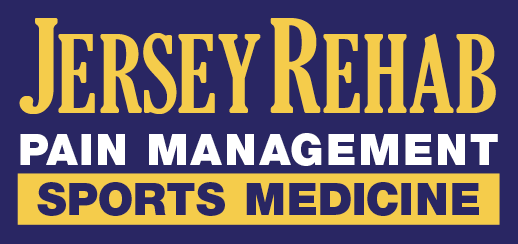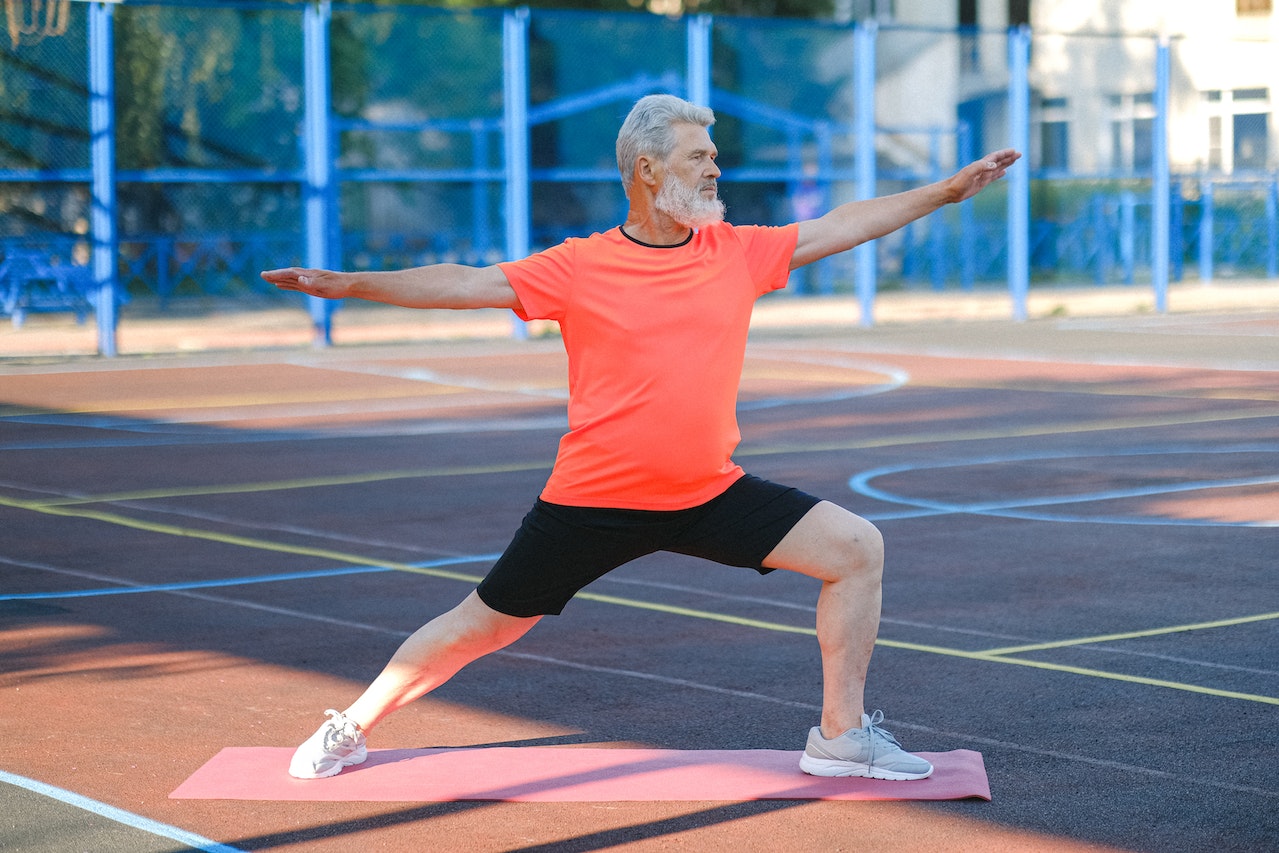Pain Management for Seniors: Challenges and Best Practices
As we age, our bodies go through numerous changes, and with those changes often come an increase in chronic pain and discomfort. This pain is often related to aching joints and muscles as the bones and muscles get weaker and lose some of their strength. There are also certain conditions, such as arthritis and fibromyalgia, that can contribute to everyday pain and discomfort.
In order to maintain quality of life, older adults must implement pain management practices into their routines. Let’s learn more about the challenges faced in pain management for seniors and discuss some of the best practices to improve their emotional and physical well-being.
Challenges in Pain Management for Seniors
Treating pain in older adults isn’t always easy or straightforward. Let’s explore why this is the case.
- Multiple health conditions. Seniors often have multiple health conditions, such as arthritis, osteoporosis or diabetes, which can contribute to chronic pain. It can be difficult to know which condition is causing the pain.
- Medication interactions. Older adults typically take multiple medications to manage their health conditions. However, some medications can interact with others, leading to adverse effects or reduced effectiveness.
- Age-related changes. As we age, our bodies undergo physiological changes, including a decrease in muscle mass, joint flexibility and slower metabolism. These changes can make pain management more difficult.
- Limited mobility and functional decline. Pain often leads to reduced mobility, and in turn, limited physical activity can worsen pain symptoms. It becomes a cycle that can be challenging to break, as seniors may fear exacerbating their pain by engaging in exercise.
Best Practices in Pain Management for Seniors
While pain management may not be an easy fix in older adults, there are still many treatments and therapies available. Finding the right combination is key. Below are some of the best practices for pain management for seniors.
- Holistic approach. Adopting a mind-body approach to pain management can be highly beneficial for seniors. It involves addressing physical, psychological and social aspects of pain. Physical therapy, counseling and support groups fall under this umbrella and can help older adults manage pain and improve overall well-being.
- Medication reviews. Regular medication reviews by healthcare professionals are essential for seniors. They can help identify potential interactions, eliminate unnecessary medications and optimize pain relief. In order to be effective, there must be a collaborative effort between healthcare providers and pharmacists.
- Individualized treatment plans. Pain management should be tailored to each senior’s unique needs and circumstances. Each plan should account for the person’s medical history, functional limitations and personal preferences. Their care plans may include a combination of medication, physical therapy, assistive devices and complementary therapies like acupuncture or massage.
- Non-pharmacological interventions. Non-pharmacological interventions play a vital role in pain management for seniors. Techniques such as heat and cold therapy, gentle exercise, relaxation techniques and transcutaneous electrical nerve stimulation (TENS) can provide relief without relying solely on medications.
- Regular exercise. Encouraging seniors to engage in regular exercise, as tolerated, can have significant benefits for pain management. Exercise helps maintain joint flexibility, strengthen muscles and improve overall physical function. Always talk to a doctor or physical therapist before starting an exercise regimen.
Comprehensive Pain Management in New Jersey
Pain management for seniors requires a multifaceted approach that considers the unique challenges they face. By adopting a holistic approach, individualizing treatment plans, reviewing medications and incorporating non-pharmacological interventions, it’s possible to improve pain relief and enhance overall well-being.
Jersey Rehab specializes in pain management services for adults of all ages. We create individualized treatment plans that focus on decreasing pain and maximizing quality of life. To learn more about our innovative treatment options, including stem cell therapy and platelet rich plasma injections, contact our pain management doctors today.

